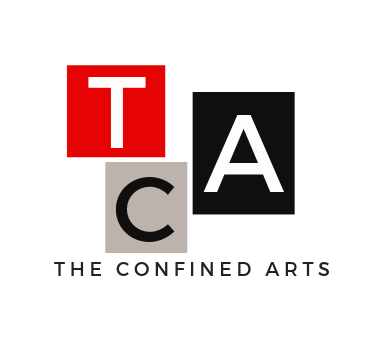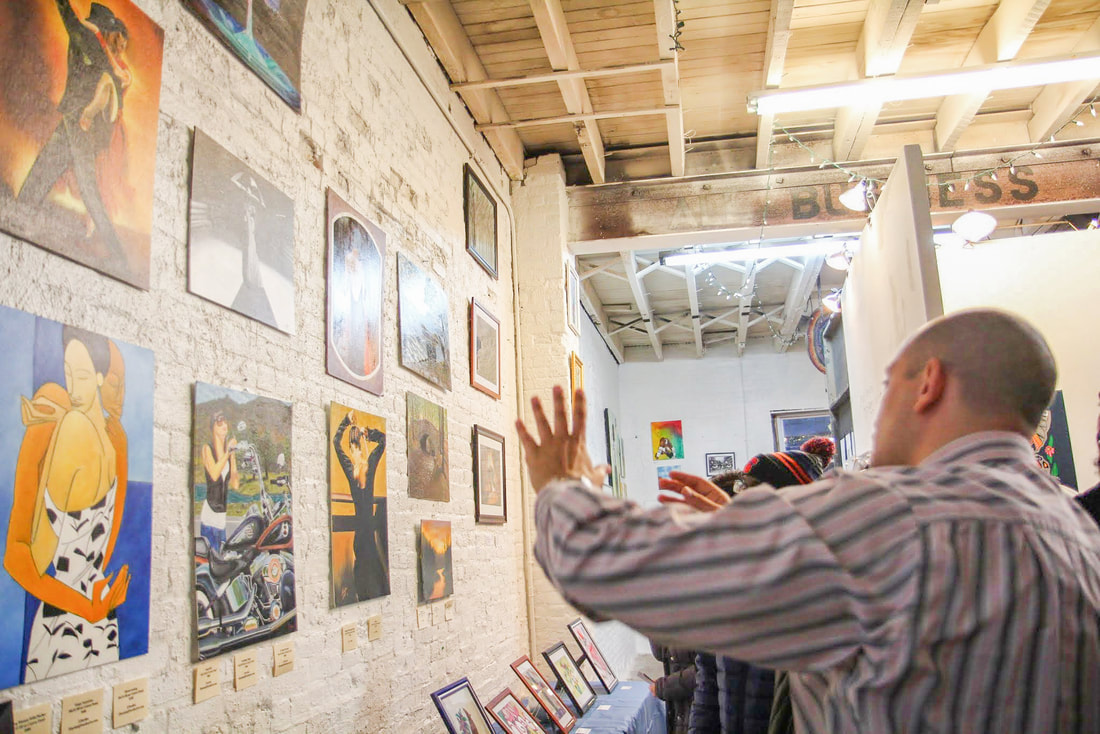The Confined Arts believes in the power of art as a tool for political and social transformation and is committed to highlighting the role of the arts to: (1) offer second chance opportunities to artists who have been impacted by the criminal legal system, and (2) change the dehumanizing narratives that prevent people from receiving second chances post-incarceration. Art, as a political and social tool, is overlooked and undervalued by leaders who do not utilize arts advocacy tools. TCA believes art should be in every change agent’s toolbox as a means to change perception, build relationships, and foster action. We recognize the importance of deconstructing collateral consequences and making it easier for formerly-incarcerated people to live in a free and fulfilling way.
During Second Chance Month, it is imperative that we refrain from engaging in narratives that misrepresent the reality of criminalization. As such, we critique the idea that some people deserve a second chance and others don’t. This hypocrisy is seen through advocacy geared towards people who commit nonviolent crimes and gain leniency that is not afforded to everyone. Additionally, we believe those who commit crimes that are categorized as violent are deserving of second chances as well. We also recognize that the system allows people in power the ability to give and/or deny other people opportunities to rebuild their lives. We cannot continue living in a world in which a few decide the fate of many. We must envision a world in which people are not held back by cultural limitations, arbitrary decision-making, and structural violence. As mass incarceration is a system predicated on eliminating first chances, we question the rhetoric of Second Chance Month but remain committed to using creativity to support those who have been formerly incarcerated.
During Second Chance Month, it is imperative that we refrain from engaging in narratives that misrepresent the reality of criminalization. As such, we critique the idea that some people deserve a second chance and others don’t. This hypocrisy is seen through advocacy geared towards people who commit nonviolent crimes and gain leniency that is not afforded to everyone. Additionally, we believe those who commit crimes that are categorized as violent are deserving of second chances as well. We also recognize that the system allows people in power the ability to give and/or deny other people opportunities to rebuild their lives. We cannot continue living in a world in which a few decide the fate of many. We must envision a world in which people are not held back by cultural limitations, arbitrary decision-making, and structural violence. As mass incarceration is a system predicated on eliminating first chances, we question the rhetoric of Second Chance Month but remain committed to using creativity to support those who have been formerly incarcerated.


